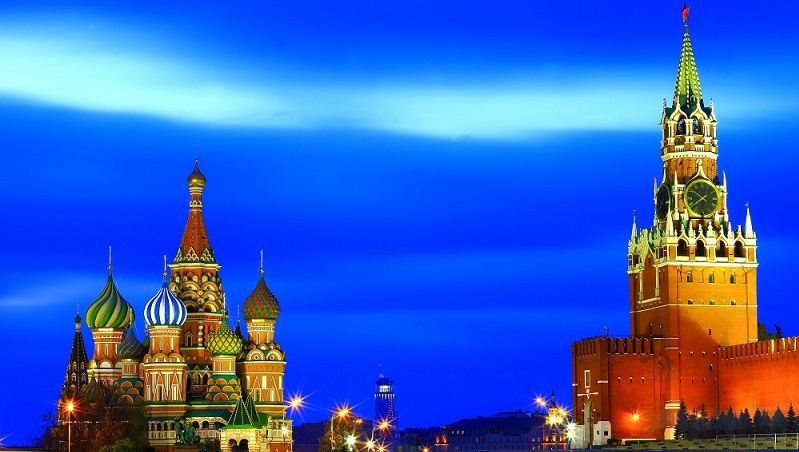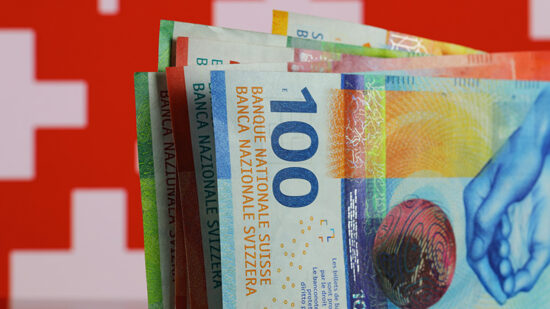Russia’s stock market performance during the past three years has been resilient despite the external pressures of US-sponsored sanctions and fluctuating commodity prices.
The MSCI Russia index has posted a three-year cumulative return of nearly 112%, far exceeding returns enjoyed by more conventional markets in the US and Europe, and those of its emerging market peers (see chart below).
Although they have failed to match the index, leading dedicated Russia funds managed by Parvest, HSBC, JP Morgan, Manulife and UBS have enjoyed healthy gains, despite having to navigate the raised due diligence obstacles that accompany the sanctions.
| Fund | *3-year cumulative return % | **Annual Volatility % |
| HSBC GIF Russia Equity | 98.10 | 19.90 |
| JPM Russia | 80.63 | 18.39 |
| Manulife Russia Equity |
74.27 | 18.05 |
| Parvest Equity Russia Classic | 99.55 | 18.58 |
| Parvest Equity Russia Opportunities Classic | 107.53 | 18.24 |
| UBS(Lux) Equity SICAV Russia | 84.66 | 19.92 |
| MSCI Russia | 111.96 | 22.07 |
Source: FE Analytics
*11 February 2016 – 11 February 2019
**13 February 2016 – 8 February 2019
Geopolitical risks persist, of course, but there is a sense that the investment community has factored in the volatility resulting from tensions between President Putin and his Western adversaries.
Late last week, Moody’s Investors joined Standard and Poor’s and Fitch by raising Russia’s credit rating from junk status to investment grade.
Moody’s argued that policies introduced in recent years to bolster Russia’s public finances have had a positive effect on its ability to withstand external shocks. Although the agency thinks there is a “reasonably high likelihood” the US will apply further sanctions, the government’s ability to withstand such external shocks has improved from 2015, when Moody’s cut Russia’s bond rating to junk status.
Oil driver
Perhaps more important is the direction of the oil price. According to a recent paper by Morningstar, nearly two-thirds of stocks in the MSCI Russia index are in the energy sector. When the oil price weakens, so do Russian stocks.
From the start of 2014 through to the end of 2015, the price paid for a barrel of Brent crude oil slumped by two-thirds. In turn, the Morningstar Russia index, in US dollar terms, halved.
An oil price recovery in 2016 led to Russia outperforming the wider emerging market composite during that year. Morningstar Russia rose 52.5% compared with an 8% gain by the Morningstar Emerging Market index.
However, political worries weighed on the market in 2017, and Russia stock prices stagnated, according to Morningstar.
This year, with more investors apparently persuaded that the US Federal Reserve is likely to curb its hawkish tendencies, riskier assets might regain their appeal.
Last month, Nick Timberlake, global head of emerging markets at HSBC Asset Management, included Russia (along with China) among his top country picks.
“Russia has a very conservatively-run economy, domestic consumption is rising and well-managed companies are generating plenty of cash, providing dividend yields of about 8%,” he told Portfolio Adviser‘s sister title Fund Selector Asia.
For more insight on asset and wealth management in Asia, please visit www.fundselectorasia.com







